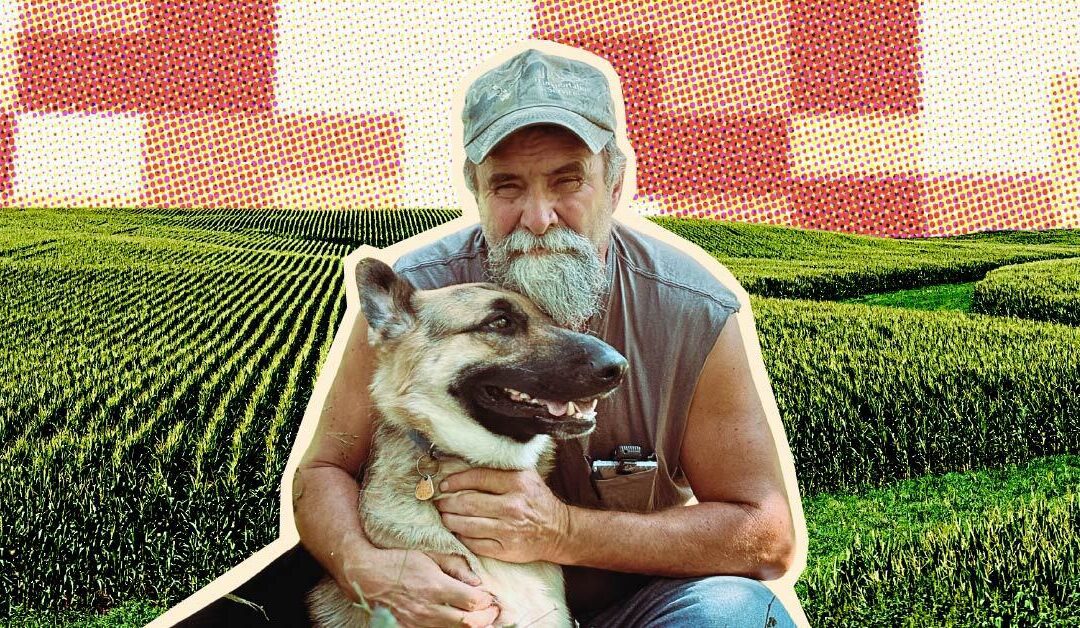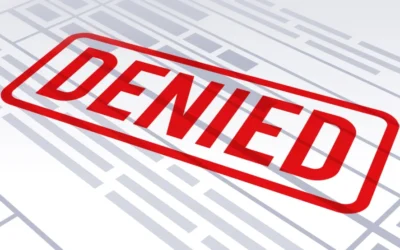
Iowa Starting Line graphic featuring five images: a water glass with a nitrate test strip, a bottle of wine pouring into a wine glass, a person wearing a head scarf with their hands raised, a pair of hands squirting sunscreen, and a plane spraying chemicals onto a field. (Francesca Daly/Iowa Starting Line)
This story first appeared in the Iowa Starting Line newsletter, which you can subscribe to here.
ISL’s series The Hot Spot: Investigating Cancer in Iowa comes to an end, but one big question remains: What are we going to do about this crisis?
When my colleague Zachary Oren Smith and I started writing The Hot Spot: Investigating Cancer in Iowa in July, our goal was simple: We wanted to explore why Iowa has the second-highest cancer rate in the nation—and the fastest-growing one, even as most states see declines.
We’re still learning just how many “whys” there are.
For me, I’ve wanted to write about cancer for a while, particularly about radon exposure—which my mom’s doctors said likely caused her death in 2017. I knew basically nothing at the start of this project, and now know enough about Ice Age glacier rock movement to thoroughly bore friends at parties. (Don’t be friends with a journalist.)
But it was writing about the state’s nitrate levels in our drinking water that became a mild obsession for me. For one, I was writing about it in the midst of Des Moines Water Works’ ongoing lawn watering ban, brought about by too-high nitrates in the Skunk and Raccoon rivers. For another, a two-year study on Central Iowa’s water wrapped up at that same time.
I may not have gotten my feet wet (ha!) on the topic at all were it not for Driftless Water Defenders volunteer Julie Russell-Steuart taking me out to George Wyth State Park to test the water, which led me to Chris Jones’ blog and down several fascinating (and infuriating) rabbit holes of pesticide usage, nitrogen runoff, and CAFO waste leakage that could have filled a book. (They do fill a book; Jones’ “The Swine Republic” is the definitive tome, and I hear Art Cullen’s latest is on this topic as well.) Thanks to them, and to the other subject matter experts who discussed things with us.
Science (if it’s well-funded) is always on the march, and researchers are just beginning to find out more about the roles nitrate, radon, and alcohol have in causing specific cancers. We rounded up the latest research and tried to make it easy to understand for our non-scientist readers, and found the latest reports and presentations on the problems we face. I’m grateful to Claire Brown, a cancer researcher from Iowa City, as well as Jenni Winterhof, who reminded us that Iowa cancer patients are at the forefront of this research as well.
We never wanted to forget about the people behind the statistics.
We are so grateful for the many cancer survivors and caregivers who spoke with us about this tough topic, and the many more who wrote in from around the state. We thank the 50+ folks who tested their drinking water and sent us the results.
And we tried to give Iowans helpful, positive information, like about different screenings available, and local support groups and financial assistance.
There’s so much more to say on the topic of cancer in Iowa (we literally have Google documents filled with links to stories we couldn’t get to). We hope to keep writing about it occasionally, and I also hope to see other journalists continue to tell stories that center Iowans with cancer.
But I want to end this series on one big question: What are we going to do about it?
There are personal decisions we can make when it comes to our cancer risk—quitting smoking (and getting screened for lung cancer), cutting out alcohol, and putting on sunscreen whenever you step outside.
Others are collective actions, something that many of us have to buy into in order to solve the problem for everyone.
The nitrate problem is one example. Iowa legislators for years have allowed large agricultural producers to basically do what they want when it comes to planting (and spraying) crops right up to waterways. We can demand a better system, one that other agricultural states are implementing, in order to slow the contamination of our waterways. (If you’re interested in that effort, the Iowa Farmers Union is leading the charge next year.)
Lobbying our elected officials to change policy isn’t easy. But neither is seeing our loved ones get cancer at the highest rates in the nation.
And I’m sick of seeing my fellow Iowans get cancer.
Yes, I thought about my mom a lot when writing about lung cancer. But when I spoke with the family member of Iowans who died of brain cancer, I remembered my grandfather, who also died of brain cancer when I was 12. Hearing the stories of young people getting sick from cancers they shouldn’t be getting, I remembered my late college roommate, Nikki, who died way too young. And hearing the stories of cancer survivors, I have new hope for my relatives and friends who are continuing their own fights.
I can and will keep asking why this is happening to Iowans—and what we’re going to do about it.
Support Our Cause
Thank you for taking the time to read our work. Before you go, we hope you'll consider supporting our values-driven journalism, which has always strived to make clear what's really at stake for Iowans and our future.
Since day one, our goal here at Iowa Starting Line has always been to empower people across the state with fact-based news and information. We believe that when people are armed with knowledge about what's happening in their local, state, and federal governments—including who is working on their behalf and who is actively trying to block efforts aimed at improving the daily lives of Iowan families—they will be inspired to become civically engaged.


Zach Nunn backs extending ACA tax credits two weeks after bashing them
US Rep. Zach Nunn’s position on expiring Affordable Care Act tax credits has been all over the place in recent weeks. Nunn, the Republican...

A new car vs. health insurance? Average family job-based coverage hits $27K
By Phil Galewitz, KFF Health News With the federal shutdown entering its fourth week, spurred by a stalemate over the cost of health insurance for...

Surviving cancer in Iowa: Caregivers, advocates share their stories
Cancer in Iowa isn’t just about the research studies and the statistics. Real Iowans and their families are behind each diagnosis. Read our first...

We sent Iowans nitrate tests to check their water. Here’s what they found
This story first appeared in the Sept. 30 edition of the Iowa Starting Line newsletter. Subscribe to our newsletter to get an exclusive first look...

How can policymakers help reduce Iowa’s cancer rates?
This story first appeared in the Sept. 23 edition of the Iowa Starting Line newsletter. Subscribe to our newsletter to get an exclusive first look...

Fighting a health insurance denial? Here are 7 tips to help
By: Lauren Sausser When Sally Nix found out that her health insurance company wouldn’t pay for an expensive, doctor-recommended treatment to ease...






